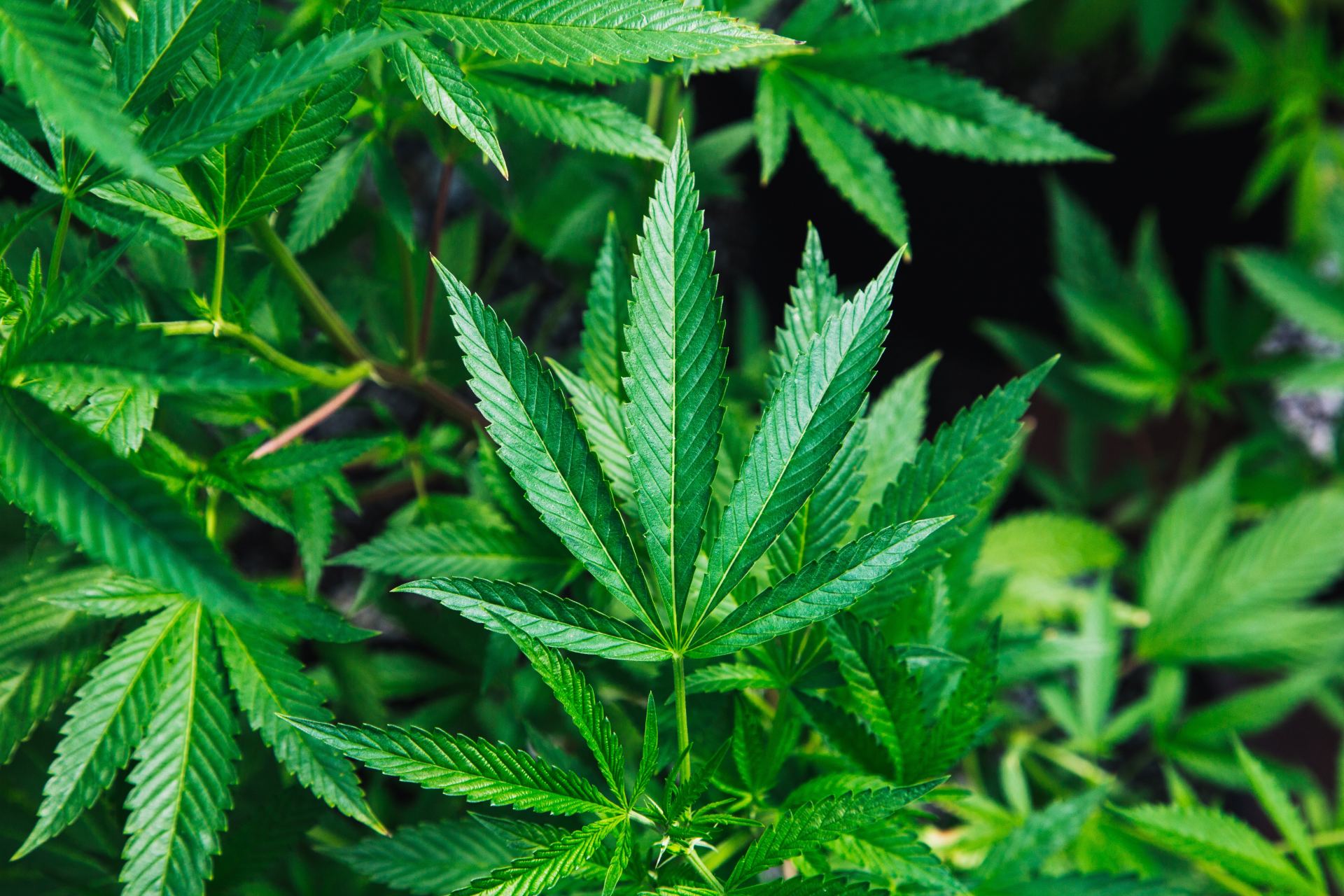
The 2018 Farm Bill removes industrial hemp – defined as cannabis with less than 0.3% THC on a dry-weight basis – as well as its derivatives – including cannabidiol, or CBD – from the federal Controlled Substances Act (CSA). Additionally, it allows for the interstate transport of hemp and hemp-derived products. However, shortly after the Farm Bill was signed into law, the U.S. Food and Drug Administration (FDA) issued a statement pushing back on the notion that the production, interstate distribution, and sale of CBD products is widely and immediately legal.
According to the FDA’s announcement, “it’s unlawful under the Federal Food Drug, and Cosmetic Act (FD&C Act) to introduce food containing added CBD or THC into interstate commerce, or to market CBD or THC products as, or in, dietary supplements, regardless of whether the substances are hemp-derived.” The FDA goes on to state that both CBD and THC are active ingredients in FDA-approved drugs. Under the FD&C Act, it is illegal to introduce drug ingredients into the food supply, or to market them as dietary supplements. However, the FDA suggested that a pathway to such actions may be opened in the future, noting, “the FDA has authority to issue a regulation allowing the use of a pharmaceutical ingredient in a food or dietary supplement. We are taking steps to evaluate whether we should pursue such a process.”
The production, interstate distribution, and sale of CBD products occurring currently will almost surely continue apace unless stymied by concrete enforcement actions. To this point, the FDA has exercised minimal oversight over such activities, limiting their enforcement to warning letters to fewer than 20 companies that have made unsubstantiated health claims about their CBD products from 2015 to the present moment.
Due in large part to falling wholesale prices for more common high-THC cannabis in adult-use markets, some farmers have turned to growing high-CBD industrial hemp under their state pilot programs – legalized under the 2014 Farm Bill – either in addition to their previous cannabis crops, or in replacement of them altogether. Businesses in Colorado and Oregon, for example, produce CBD products derived from industrial hemp cultivated legally under state pilot programs, then sell said products nationwide.
The example of Oregon provides a glimpse at a possible effect of industrial hemp’s legalization on cannabis production. Accounts from several cannabis and hemp growers and distributors in the state have indicated that demand for hemp-derived CBD may have curtailed to some extent the volume of the state’s adult-use cannabis crop in 2018. Data from Oregon’s Liquor Control Commission (OLCC) shows that 2018’s fall harvest was roughly equivalent in volume to that of the year prior, despite there being more licensed growers this year and similarly favorable growing conditions.
Additionally, numerous participants in Oregon’s cannabis market have stated to our analysts their intent to expand further into hemp-derived CBD production and distribution, in some cases also saying that they plan to abandon cannabis growing altogether. If those statements hold, it is conceivable that Oregon’s cannabis crop could shrink in the coming years, especially as the state is already overproducing significantly relative to in-state demand.
The popularity of CBD could conceivably impact the production volume of cannabis in other states in the manner that it appears to have done in Oregon. Oversupply situations in more developed adult-use markets could be mitigated if cannabis growers reduce their production of their current – and still federally illegal – crop in favor of industrial hemp. However, given the fact that industrial hemp production, processing, and distribution will now be subject to the oversight of the U.S. Department of Agriculture (USDA), with CBD and other cannabinoids derived from hemp regulated by the FDA, what the market landscape for industrial hemp and its derivatives will look like in the wake of the 2018 Farm Bill remains highly uncertain.